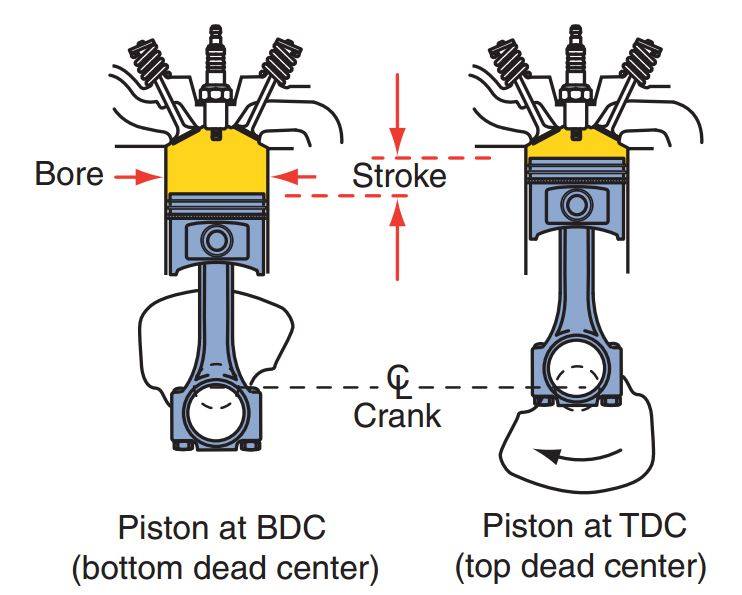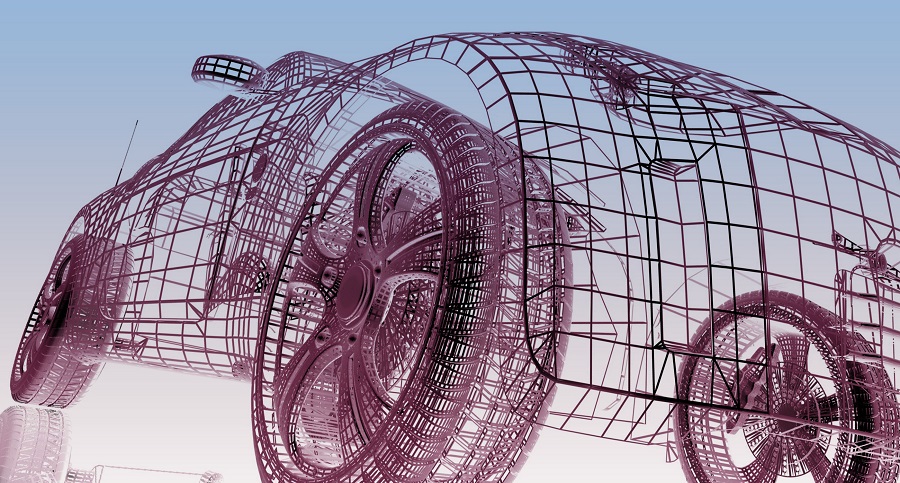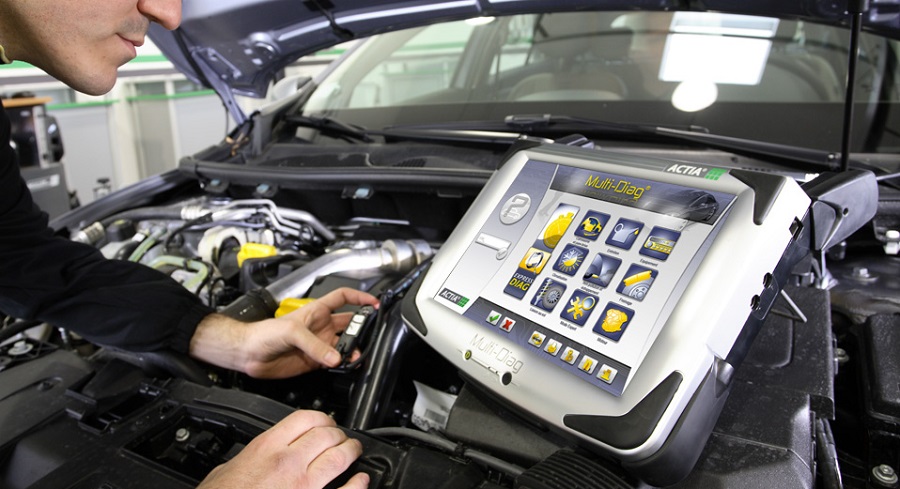SS100 – The Automobile and Society
Over the course of its history the automobile rapidly developed from an expensive toy for the rich into the standard for passenger transport in most of the world. In this course students will learn about the effect of the automobile on society, especially during the 20th century. Topics discussed include advantages of the increase in mobility and convenience afforded by the automobile, the effect on pollution and the growth of the suburbs caused by the automobile. A library/internet research written project concerning some aspect of the automobile’s effect on society
MA100 – Technical Mathematics
This course is designed to give an overview of the mathematical skills necessary to function in a technical environment while developing reasoning and problem solving skills. Topics taught in this course, in addition to the basic arithmetic skills dealing with whole numbers, fractions and decimals; include ratios and proportions, percent’s, standard and metric measurements and conversions, angle measurements, displacement levers, proportion of volume and measurement of tolerances. An emphasis is placed on technical and automotive applications like automotive business and statistics, repair orders, engine systems, electrical systems, drive train, chassis
AT250 – Hybrid Electric Drive Technology
This course provides an introduction to Hybrid and Electric Drive Vehicle Technology along with guide to operational principal, application, diagnostic and repair of common components. Topics include a review of basic electricity, Hybrid electric motors, ICE, transaxles, regenerative brakes, air conditioning, steering, batteries, and safety as well as electric vehicle conversions, CNG vehicles, LPG vehicles, LNG, fuel cells, hydrogen, biodiesel, and alcohol based fuels. This course will provide background information for in order to prepare students for the Light Duty Hybrid/Electric Vehicle Specialist - ASE certification L3. Students take great interest
AT209 – Automatic Transmissions II
This course provides classroom and laboratory hands-on activities concerning the inspection, construction, diagnosis and disassembly/assembly of automatic transmissions and transaxles. This builds on the material taught in AT208 Automatic Transmissions I and includes the construction, inspection and rebuilding of apply devices, planetary gear sets, oil pumps, valve bodies and one-way clutches. Students will become familiar with the tools and techniques necessary to properly maintain, diagnose, service and repair automatic transmissions. Students are exposed to a variety of transmission types to overhaul. The laboratory component of the course includes various activities
EG102 – Technical Communications
This course continues the advancement of reading and writing in the context of the technical environment in which most students will work after achieving their degrees. Students will read and write technical reports, memos, personnel commentary and other documents of value in automotive work. Students will continue to advance their skills in research-based writing and will be required to submit a research-based report.
AT211 – Emission Control Systems
This course focuses on the electronically controlled systems used to monitor engine operation and emission compliance control devices. Students will concentrate on engine performance, drivability concerns, analysis of system problems, diagnosis of system failures and component test procedures. Students will be able to diagnose emission related inspection failures and to understand PCM strategies. The laboratory component of the course includes various activities that follow the guidelines of the National Technicians Education Foundation (NATEF). A library/internet research written project concerning some aspect of an automobile’s emission system will be assigned and
AT215 – Climate Control
This course provides classroom and laboratory hands-on activities concerning the theory and operation of heating and air conditioning systems. Students will learn about heat transfer, temperature/pressure relationships and control systems. Heating, air conditioning and passenger comfort will be looked at using multi-zone automatic climate control trainers. Students are taught to use refrigerant recovery and recharging equipment on laboratory vehicles which provides practical experience while reinforcing safety and environmental considerations. The laboratory component of the course includes various activities that follow the guidelines of the National Technicians Education Foundation (NATEF). A
AT208 – Automatic Transmissions I
This is a comprehensive lecture and laboratory class which focuses on the operation, diagnosis and repair of automatic transmissions and transaxles. In order to help the student understand how an automatic transmission accomplishes multiple gear ranges, power flow through the transmission will be stressed. The operation of electronic transmission controls will be discussed and diagnostic procedures will be taught and implemented. In-car transmission service and repairs will also be discussed and performed. The laboratory component of the course includes various activities that follow the guidelines of the National Technicians Education
AT202 – Advanced Electrical Systems
This is a comprehensive lecture and laboratory class which builds on the two previous electrical/ electronic courses. Emphasis is placed on the theory, operation, component identification and repair of audio and entertainment systems, power accessories such as power windows and locks, keyless entry, anti-theft systems and cruise control systems. Additional topics included in this course are the theory, operation and repair of various supplemental restraint systems. The laboratory component of the course includes various activities that follow the guidelines of the National Technicians Education Foundation (NATEF). A library/internet research written
AT201 – Advanced Undercarriage
This course combines classroom and laboratory hands-on activities concerning the design, construction and operation of the various types of anti-lock braking systems and traction/stability control systems. The student will also learn the principles of front and four wheel alignment and perform wheel alignments using computerized four-wheel alignment machines. The laboratory component of the course includes various activities that follow the guidelines of the National Technicians Education Foundation (NATEF). A library/internet research written project concerning some aspect of a vehicle’s anti-lock braking system or the principles of wheel alignment will be






